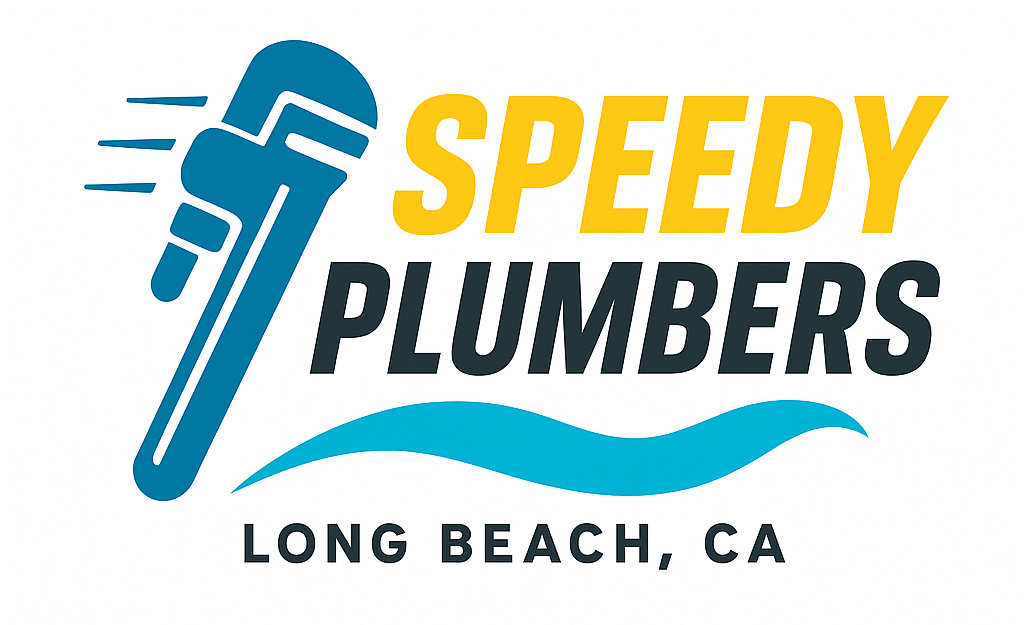Slab leaks are one of the most frustrating and costly plumbing problems a homeowner can face. They occur when water lines beneath your home’s concrete foundation begin to leak, slowly damaging the structure and potentially causing thousands of dollars in repairs.
While not every slab leak can be prevented, there are several proactive steps you can take to reduce the risks. By paying attention to your plumbing system, your home’s foundation, and common warning signs, you can protect your property from serious damage.
In this guide, we’ll cover practical ways to prevent slab leaks, what to watch out for, and when it’s time to call in professionals.
What Causes Slab Leaks?
Before diving into prevention, it helps to understand why slab leaks happen in the first place. The main culprits include:
- Corrosion of pipes – Over time, water chemistry and soil conditions can wear away at pipes.
- High water pressure – Consistent stress from strong water pressure may cause cracks or bursts in plumbing lines.
- Shifting soil – Expansive soils or poor drainage can put pressure on your foundation and the pipes beneath it.
- Poor installation – Pipes that weren’t installed properly may be more likely to fail.
For a deeper look at the root causes, check out our detailed guide on what causes a slab leak.
How to Prevent Slab Leaks
Now that you know the causes, here are proven ways to lower your risk of slab leaks in the future.
1. Monitor Your Water Pressure
High water pressure may feel great in the shower, but it can be disastrous for your plumbing system. Constant strain weakens pipes and increases the likelihood of leaks.
- Install a pressure regulator to keep levels consistent.
- Aim to keep water pressure between 40–80 psi.
- If you notice banging pipes or frequently running toilets, check for pressure problems.
2. Schedule Routine Plumbing Inspections
Prevention often comes down to catching small issues before they become major ones. A professional inspection can:
- Identify early corrosion on pipes.
- Spot minor leaks hidden beneath flooring.
- Assess your plumbing system’s overall health.
Even if everything seems fine, scheduling regular inspections gives you peace of mind and helps avoid unexpected emergencies.
👉 If you suspect a slab leak or want professional help, don’t wait—contact our Long Beach plumbing experts today.
3. Address Soil and Drainage Issues
Soil movement is a major factor in slab leaks. Expansive clay soils can swell when wet and shrink when dry, putting pressure on your foundation and the pipes beneath it.
Ways to minimize soil-related risks:
- Ensure your property has proper drainage to direct water away from the foundation.
- Avoid planting large trees too close to your home, as their roots can disturb soil and pipes.
- Use gutters and downspouts to manage rainwater flow.
4. Stay Alert to Warning Signs
Slab leaks rarely show themselves in obvious ways. Homeowners need to be alert to subtle signals, including:
- Warm spots on the floor (a sign of hot water line leaks).
- Unexplained spikes in water bills.
- Sounds of running water when no taps are on.
- Moisture or mildew near the foundation.
Ignoring these signs can lead to foundation damage, mold growth, and higher repair costs.
5. Don’t Delay Professional Help
If you think you might have a slab leak, acting quickly is essential. Trained plumbers use advanced detection methods to pinpoint leaks without tearing up your floors unnecessarily.
For specialized solutions, visit our page on slab leak repair services in Long Beach.
Long-Term Benefits of Slab Leak Prevention
Taking steps to prevent slab leaks offers more than just peace of mind. It also provides long-term advantages such as:
- Protecting your foundation from structural damage.
- Reducing water waste from hidden leaks.
- Avoiding costly repairs that could disrupt your home life.
- Maintaining property value for future resale.
Slab Leak Prevention Checklist
To make it simple, here’s a quick checklist for homeowners:
- Install a water pressure regulator.
- Schedule annual plumbing inspections.
- Check water bills regularly for unusual increases.
- Improve yard drainage and redirect rainwater.
- Watch for warm spots, damp flooring, or mildew.
- Call a plumber at the first sign of trouble.
Final Thoughts
While slab leaks can’t always be prevented, the right steps significantly lower the risk. By monitoring water pressure, maintaining proper drainage, and staying alert to warning signs, you can protect your home and avoid major headaches down the road.
If you’re dealing with suspicious symptoms or simply want a professional opinion, don’t hesitate to reach out to our team. Taking action today is the best way to protect your home tomorrow.
Related Reading:
